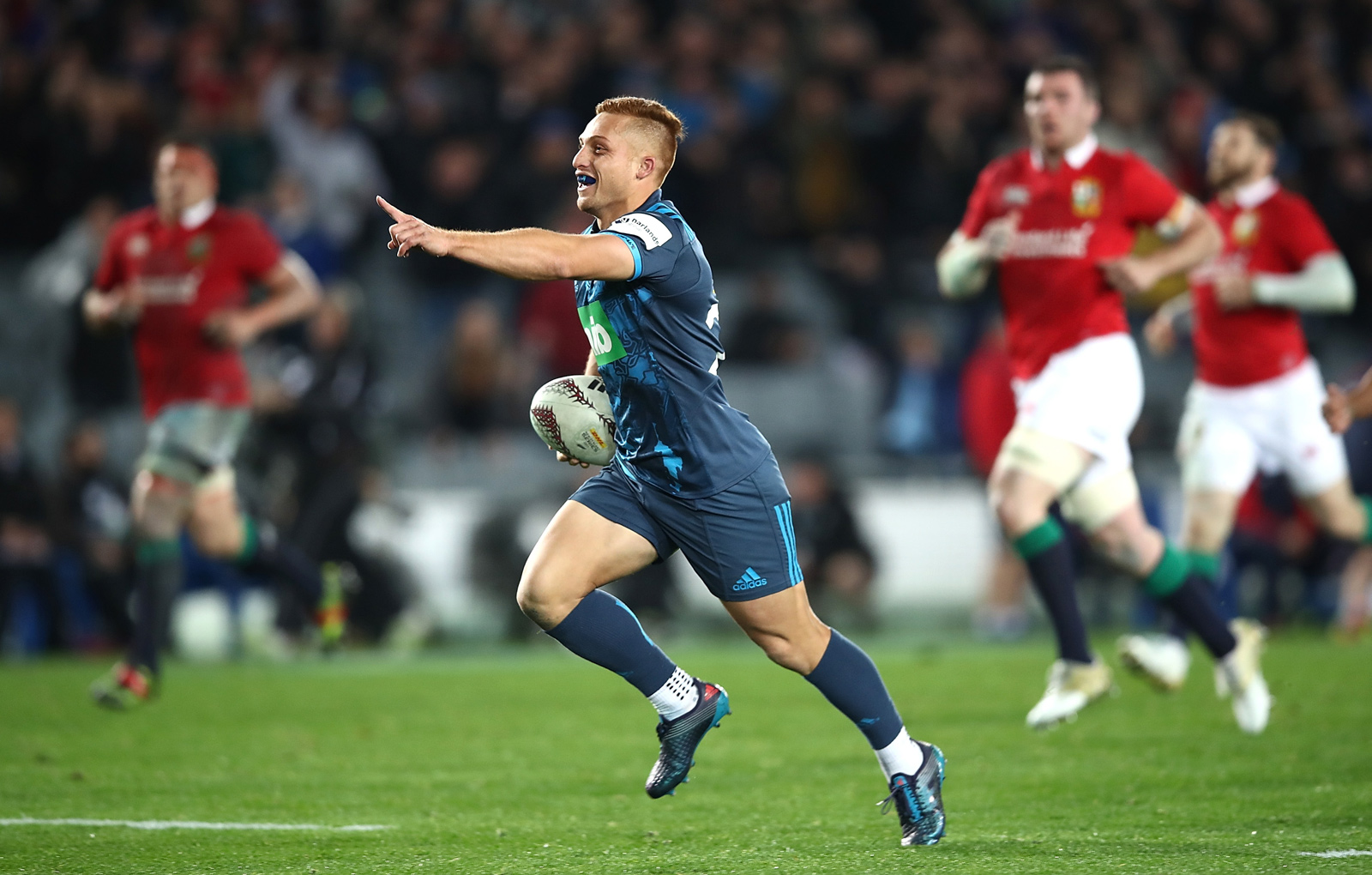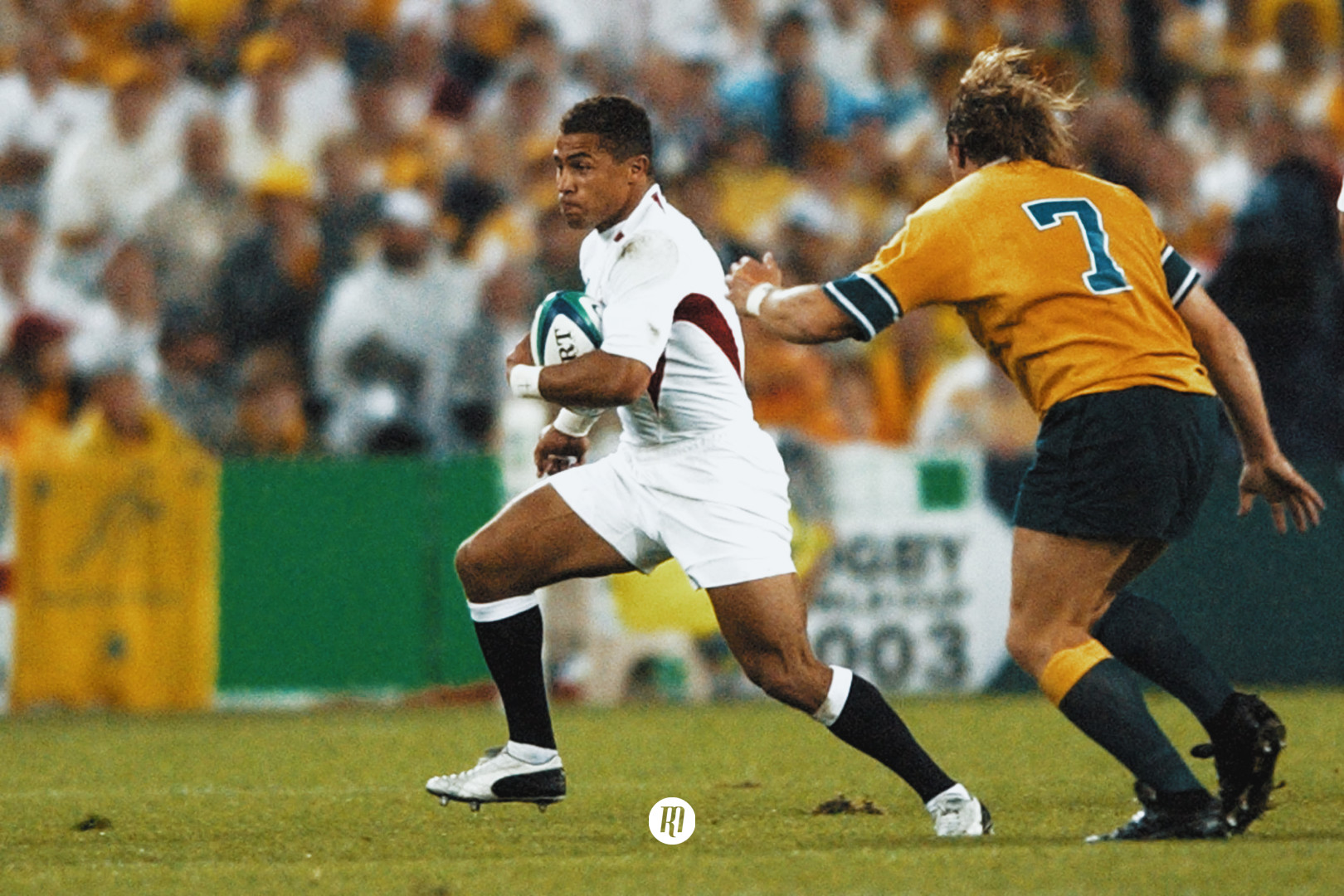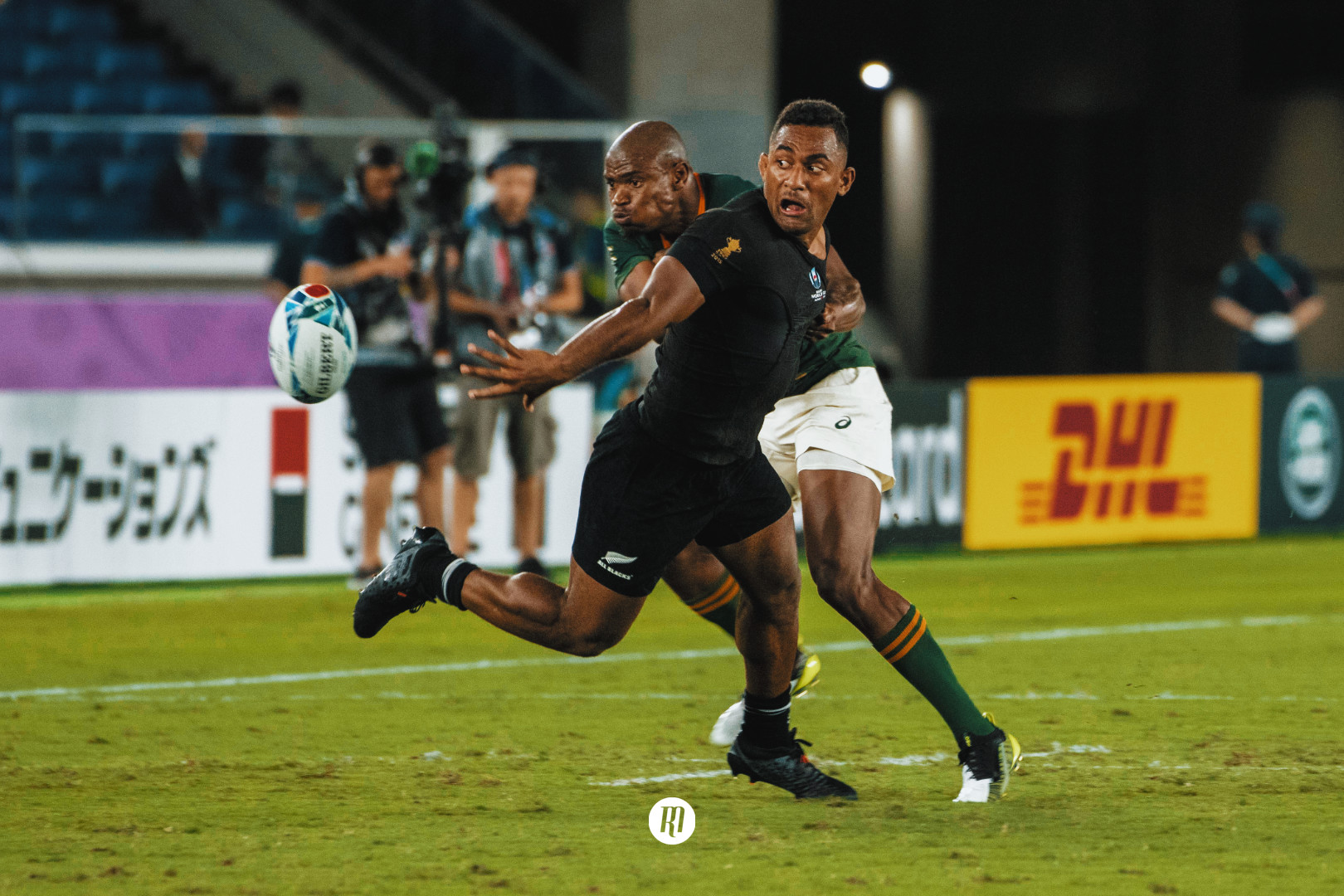Match Analysis: Blues v Lions
After a laboured opening victory, the Lions would be hoping to set their mark on this second game of their tour with an improved performance. Having had time on the ground, and the opportunity to work alongside each other in earnest, fans could certainly expect a good game of rugby, with the hope of another Lions victory.
After a laboured opening victory, the Lions would be hoping to set their mark on the second game of their tour with an improved performance. Having had time on the ground, and the opportunity to work alongside each other in earnest, fans could certainly expect a good game of rugby, with the hope of another Lions victory.
The midweek games on this tour would be unlike those previously however. The quality of depth in the New Zealand rugby system will mean these mid-week games against provincial sides will be tough, indeed one would expect them to be tests in their own right.
And so it was against the Blues.
While the Lions will have learnt a lot from their opening fixture, it was clear that a lack of preparation combined with a fleeting period of time after travel were the key reasons for their stuttering performance. A win is a win however, and they would be looking to build on that tally.
The Blues on the other hand would be looking to continue from where the Barbarians left off, and had the Lions started slowly they might well have imposed themselves on the game early on. As it was, the Lions had clearly ironed out any gremlins that remained from the opening fixture, though this game clearly highlighted areas in which they can improve.
A scoreline of 22-16 reflects what was largely a close game, where each side had the ascendancy in different areas, and notably in different periods. Bar a little bit of luck, the Lions might have come out with a different result from this fixture, but given their discipline, it would be contentious to cite fortune as the key factor.
Games Styles
If this game highlighted anything, it was the contrasting styles of rugby played in the northern and southern hemispheres; the Lions were kings of the set-piece, dominating the scrum, lineout, and play in tight; the Blues controlled the open offload game, much as one would expect New Zealand sides to do.
Further than this however, was the individual ability of the Blues players to perform outside of the team structure. Twenty year old Rieko Ioane was a key proponent of this, playing a blinding game and dominating his match day adversary Jack Nowell. Conversely, the Lions struggled to find a way through the Blues defence, and often thwarted their attacks by giving away needless penalties.
Their dominance at the scrum and lineout however, ensured that they could squeeze the Blues, limiting the opportunities for their backs. Indeed, while Sonny Bill Williams played especially well when he did get the ball in hand, he was largely quiet in the first half. However, for all of their pressure, they found themselves down after 6 minutes.
In the opening periods of the game, it was clear that the Lions were very active in defence, working with a very quick line speed and limiting the distribution of the ball into the wide areas. The Blues on the other hand were passive in defence, but given that Rob Howley had talked about spreading the ball from touchline to touchline, they were happy to soak up the pressure in the middle and then drift laterally as the Lions spread the ball wide.
Despite the defensive pressure the Lions were putting on the Blues in the narrow channel, the first try of the game came about from over exuberance on the part of James Haskell. Keen to put a bit hit in, he came up quickly out of the defensive line. This in turn forced the wider players to move inside to cover the onrushing attack, which in turn opened a lot of space out wide. A floated ball over the top, and Rieko Ioane cruised over the open grass, leaving Jack Nowell in his wake. The Blues had taken a try at the first opportunity.
At this point, there was a great sense of foreboding; despite the Lions controlling the tight game, if the Blues could score so freely given the opportunity, what would the final score be?
Intensity & Physicality
Having touched upon the intensity of the Lions in defence early on, it is certainly worth noting their intensity with the ball in hand too. It was clear in the opening periods of the game that the Lions had the ascendancy in the contact area; they were going forward in the tackle, and their physicality at the ruck was providing a strong platform to work from.
Further to this was the higher tempo of play that Rhys Webb brought from the back of the scrum. He kept the team moving forwards and ensured that the Blues defence didn’t have time to settle, but one of the failings of the Lions today was that their backs failed to capitalise on this advantage, largely looking stale. Indeed it was hard to see where a moment of magic might come from in the Lions back line.
The Lions forwards certainly won the day though, with Dan Cole proving his scrummaging credentials once again, and Maro Itoje and Courtney Lawes bossing the line out. Tipuric had a great game too, working hard and proving the old adage that if you can’t see a flanker then he’s doing his job.
It was his back row partner CJ Stander that got to the final white line however, crashing over after a catch and drive, giving the Lions and their fans hope that the grunt and muscle upfront would deliver a victory in their favour.
As the first half began to draw to a close though, rain began fall. One might have thought it was fortune reigning over the Lions, allowing them to tighten and close off the game, were it not for a turn of luck in the closing moments of the first half.
The Blues maintained their playing style despite the wet weather and worked the ball through the hands, before CJ Stander put in a high tackle. The resultant penalty hit the post, and chaos ensued.
One might say that the Lions players defending exactly this scenario were too far from the posts, but the arbitrary bounce of the ball caused the most confusion; Nowell reacted well, but his anticipation of where the ball would move when hitting the floor left him floundering when it bounced the other way. By this point, the onrushing Blues players had joined him as he reached for the ball.
Did Nowell’s hand get there first? Was the ball knocked on? This will remain a contentious issue, but nevertheless, the ball dropped over the try line and the indomitable Sonny Bill Williams got his hand to the ball to touch down.
The Lions went in at half time 12-10 down.
Discipline
The Lions had certainly had the momentum in the first half of the fixture, but returned for the second half on the losing end of the scoreline. There were clearly two contrasting team talks in the changing rooms however; the Lions would have been told to keep working hard, the result will come; whatever Tana Umaga had said to the Blues however was clearly on point.
Their intensity in the opening periods of the second half far surpassed that of their first half; they were quicker around the base of the ruck, offloading the ball away from the contact area, and had increased their line speed in defence. Had they made it over the whitewash in these opening minutes, they could have stretched the game beyond any capability the Lions had to claw it back.
As it was, had one pass been made, or one pass have stuck, or indeed had Rieko Ioane not slipped into touch, they could have done so.
Despite this, they could not capitalise, and the game turned back in the Lions favour as it passed through the fifty minute block.
The fixture could very well have seen a different result had the Lions’ forwards continued to provide a solid platform throughout the game, but small errors became their undoing; penalties conceded for holding on at the ruck; challenging in the air at the lineout; offside in defence; a high tackle. All avoidable, and all undermining the Lions’ progress.
The most significant of these penalties were from Liam Williams, who found himself having a period in the stands as a result of foul play while challenging for the high ball. The Lions must have been reassured however by coming through the ten minute period with three points to their name.
The Blues on the other hand maintained great discipline in open play, with the Lions often working through a great number of phases before conceding a penalty of their own. Their weakness was the scrum, an area in which they remained second best throughout.
As the game wore on however, it was the boot that accrued the points, with Leigh Halfpenny and Ihaia West exchanging penalties.
With ten minutes to go, the Lions were leading the game by sixteen points to fifteen.
Endurance
An interesting point that will become more apparent as the tour plays out is the difference in consecutive games played to this point in the season between the Lions and their opponents; the Lions team will have started their seasons back in September, whereas the Super Rugby season kicked off earlier this year.
It’s hard to definitively say if this had a bearing on the Blues’ winning try, but it was clear the Lions players were slow to react and tackle the gazelle like Ihaia West. Tiredness absolutely did not play its part in the build up to the try however, with Steven Luatua delaying and offloading to Sonny Bill Williams who was running a superb line through the defence. He then took the tackle and provided the customary offload to the incisive Ihaia West, who smoothly swerved round Leigh Halfpenny before sliding between the uprights.
With five minutes to get something out of the game, the Lions were left with an uphill struggle, but struggle they did, working their way to within five metres of the Blues’ line. But for Joe Marler moving with the ball on the ground, they might have made it over. As it was, when one final opportunity was presented to them, confusion at the lineout led Rory Best to throw over the top. The Blues regained possession of the ball, and played the game out.
Is it possible there is some residue of mental tiredness within the Lions squad? Has the high pressure of recent competition finals taken a toll on the players? It’s hard to say at this early stage of the tour, but it is some food for thought.
Despite the loss, there were plenty of positives on show for the Lions; great intensity in their play in both attack and defence, and their control of the set-piece. Discipline can improve, as well as attacking intent, though the latter will grow over the coming weeks as the players get the opportunity to work with each other.
Let’s not forget however, that these are warmup games. The players and staff will learn and adapt, and come the first test will have a much better understanding of how to beat the All Blacks. When history looks back, it’s the test games it remembers.

Filed under:
British & Irish Lions, Match Analysis
Written by: Edward Kerr
Follow: @edwardrkerr · @therugbymag




